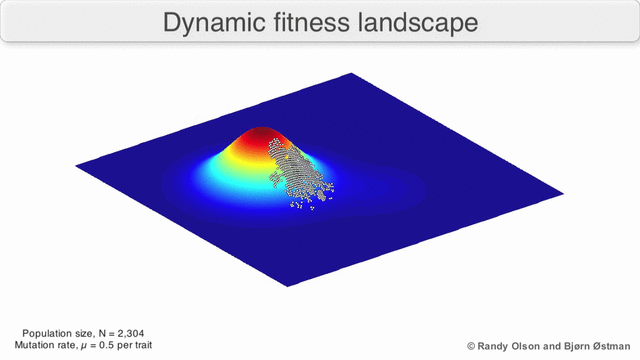Por volta de 2007/2008 li a primeira edição do livro "Hidden Champions" de Hermann Simon. Agora comprei a versão mais recente, "Hidden Champions of the Twenty-First Century Success Strategies of Unknown World Market Leaders" de 2009.
"How do the hidden champions deal with downturns and crises? The majority seems to actually profit from difficult conditions. Half of the respondents took the view that they survive downturns better than their industry as a whole. Most respondents said that this was definitely true of past downturns and that they expect no changes in this respect. Market shares are newly distributed in difficult market phases, not in favorable economic times. When times get tough, the weaker competitors tend to buckle under pressure. This in turn provides the stronger contenders with the opportunity to expand their market position. [Moi ici: Isto faz-me recordar a minha velha metáfora das salamandras, e que é o excesso dos tempos bons que mata durante os tempos maus] This model is similar to that propounded by the evolutionist Stephen Jay Gould. In his so-called "punctuated equilibria" theory, he asserted that evolution is not a continuous process, but rather occurs in leaps. There are long periods with minimal mutations followed by brief phases with abrupt changes. This hypothesis could well apply to markets in general and to the hidden champions in particular...."Sustained success is largely a matter of focusing regularly on the right things and making a lot of uncelebrated improvements every day."...Every firm should be open to learn from successful companies. Until now, this process has mainly been a one-way street running from the large, well-known corporations down to the midsize and smaller firms. About 90% of all case studies deal with large corporations. In other words, only the big companies purportedly have something to teach. It is time to reverse this learning process. As we will see In this book, even large corporations have a lot to learn from the hidden champions." [Moi ici: Muitas vezes aqui no blogue escrevi sobre isto. Gerentes de PMEs lêem o que as empresas grandes fazem, porque só elas têm eco nos media, e pensam que o que serve para as grandes (será que serve?), também serve para as suas PMEs. O que quase sempre dá asneira. Precisam de estratégias diferentes pois servem clientes diferentes]


































%2006.21.jpeg)












